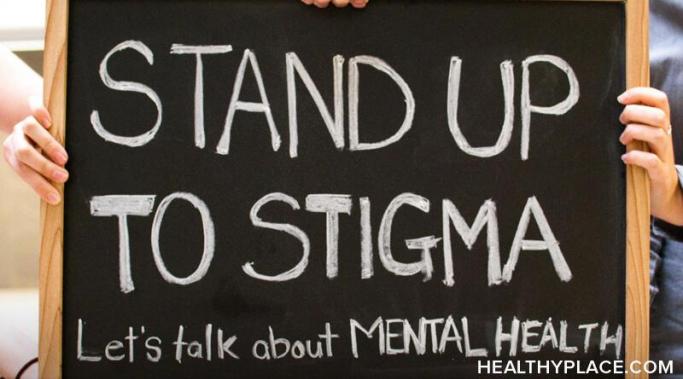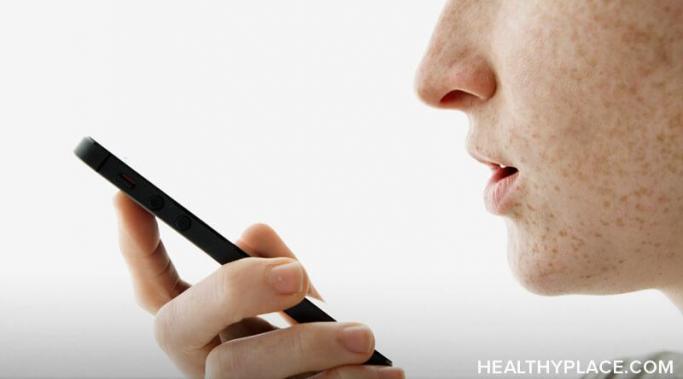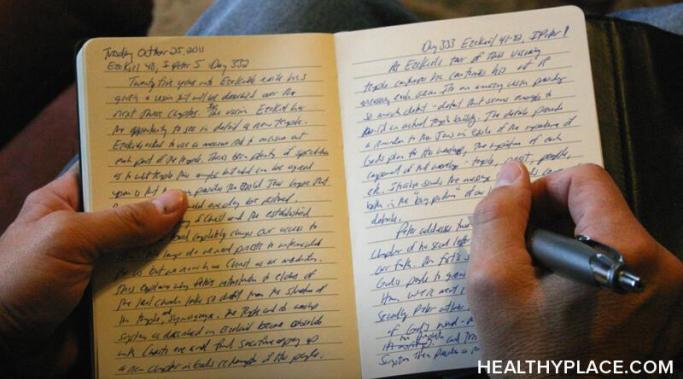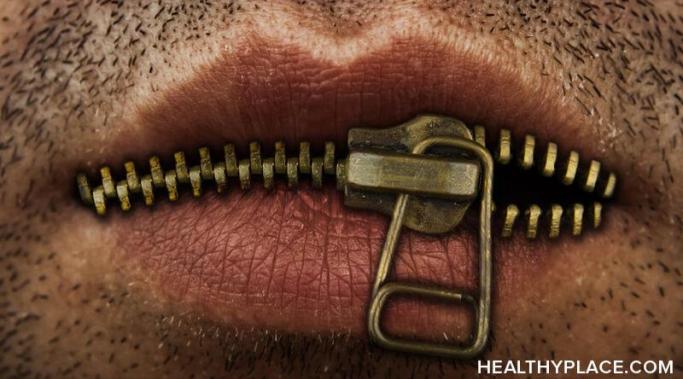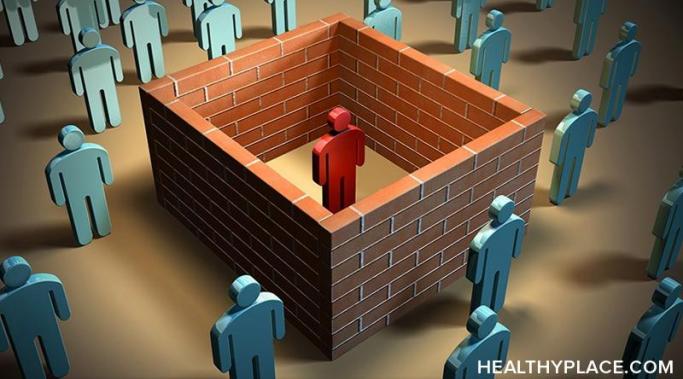I've felt quite overwhelmed by the events happening worldwide and within my community. Between social media, the news, and life, the noise never lets up. Luckily, there are practices we can observe and measures we can take to quiet the noise. It all starts with small actions leading to a more overarching goal. This methodology applies to many aspects of our life, and fighting mental health stigma is no different.
How to Combat Stigma
On July 16th, 2022, the new three-digit Suicide and Mental Health Crisis Hotline went into full effect. The transition from a 10-digit number to the more convenient and memorable 988 is a positive step toward adequate and widely-accessible mental health resources for all. Moreover, the hotline is no longer solely for suicidal individuals but open to anyone facing a mental health crisis. The overall messaging behind this change is perhaps the most impactful. We hear you; we see you; we'll show you not only through our words but through our actions.
Allow me to join the chorus and say it’s Mental Health Awareness Month. Each year, the mental health community comes together during May to amplify the discussions around mental health to reduce the stigma of mental illness and show people they’re not alone in their struggles.
Journaling is one way I fight mental health self-stigma and is, fortunately, becoming increasingly popular in today's world. Used as a method for releasing negativity, spurring creativity, and everything in between, journaling can create a safe space for many people who practice it.
With so much of the mental health conversation taking place online, I can’t help but wonder if the Internet is helpful or harmful to combatting mental health stigma. Or maybe it's somewhere in between, both, or none of the above. Let’s take a closer look.
No matter how many conversations are had or how many awareness efforts take place when it comes to suicide prevention, it seems society doesn't know how to make a positive difference. I get it. Death is a hard thing for people in general, and suicide grates harder against that. I'm here to share some dos and don'ts for suicide prevention that can help. (Note: This post has a content warning.)
It's always nice to see folks speaking up in the name of mental health awareness. Continuing the conversation about mental health and mental illness is one of the key things we can do when combatting mental health stigma, but it's important to communicate in these situations effectively. I'd like to use what happened with Demi Lovato and a small frozen yogurt business as a starting point and example for this conversation.
Mental illnesses can have destructive behaviors that accompany them, and these behaviors can often be difficult to understand and, like mental health in general, cloaked in stigma. Because of that, addressing destructive behaviors linked to mental illness can be a challenge, but it's an important part of showing support to those who struggle.
Conversations and awareness efforts for mental health and mental illness do talk about certain disorders, but there are still many mental health conditions we generally don't talk about that we need to destigmatize. Because there is this narrowness of conversation and the heavy stigma around many mental illnesses, there's some work to do when it comes to even approaching how we can tackle the stigma they face.
Talking isn't enough to break mental health stigma, which I think may be a hard pill to swallow. I know how impactful conversation and general mental health awareness efforts can be on an interpersonal level, and I don't mean to say those things aren't important. However, we need to understand that they're not enough to break mental health stigma entirely, and here's why.
